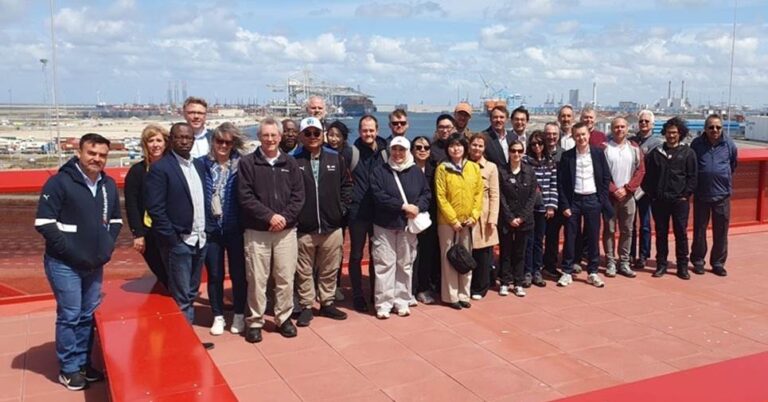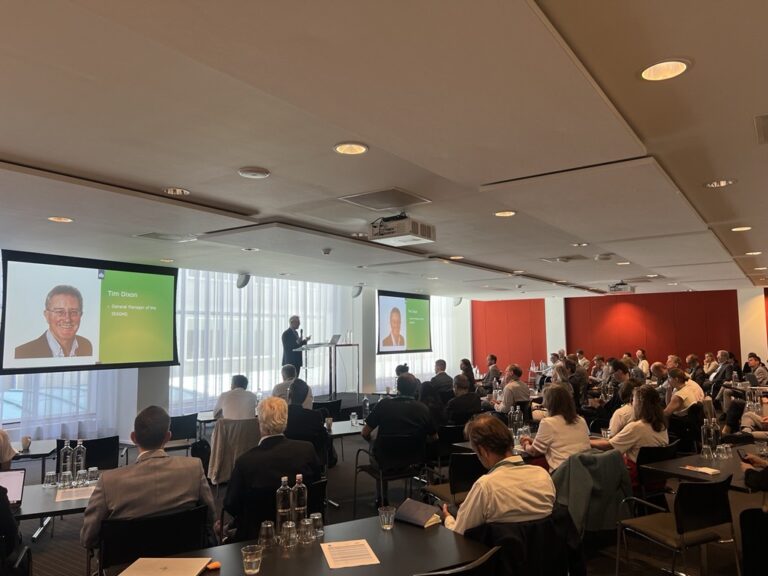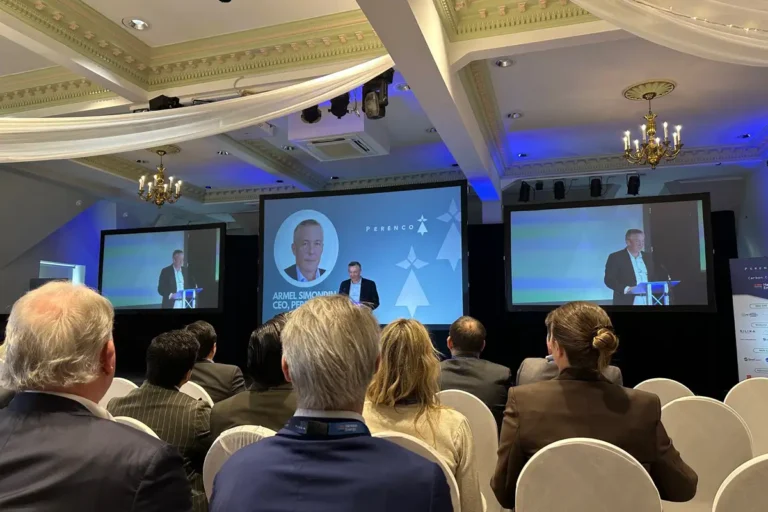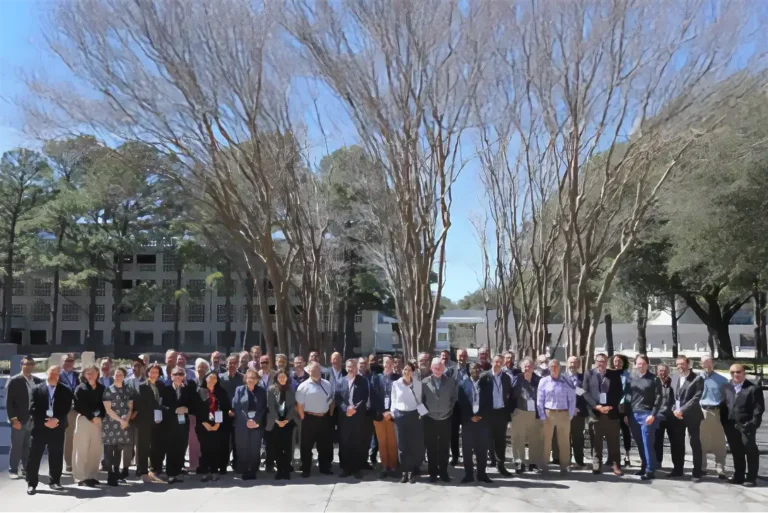
Panel Discussion 2: Unlocking CCUS Investment
23 October 2018

On Day 2 of the GTGT-14 Conference in Melbourne, the second panel discussion covered the important topic of unlocking CCUS Investment. The distinguished panel, chaired by Samantha McCulloch from the IEA, included representatives from the US Department of Energy, Shell, Total and the World Bank. Samantha set the scene by explaining how the IEA’s climate mitigation models show that CCS has a vital role in limiting CO₂ emissions by 2050 if the below 2°C target is to be met. Regrettably of the 38 key industrial sectors that the IEA track only four are on track, 23 show some improvement and 11, including CCS, are off track. Jarad Daniels, from the US DOE drew attention to the importance of a combination of stable government policies, industry leadership, access to capital, and linked incentives, as well as viable technology. US government support for the AMD bioenergy project and Petro Nova have already received significant support from the US Government boosted by the relative recent introduction of the 45Q tax credit for investment in industrial carbon mitigation.
Sue-Em Tan, Shell’s Group Carbon Relations Manager, highlight how the company’s Sky Scenario programme is moving it towards a low carbon future. Current investment in the Quest project, the Technology Centre Mongstad, Gorgon, Boundary Dam and Northern Lights demonstrates this commitment. Sue-Em expounded the importance of not just governmental and industrial co-operation but also the importance of CCUS as a pathway to achieving global CO₂ emissions reduction. Another key initiative, the Oil and Gas Climate initiative, was highlighted by Jérôme Schmitt, is less than five years old and has already committed $1B. He emphasised that about 120 CCS projects valued at $120 B would be needed over 10 years, but that this was not unachievable given the right incentives and commitment. World Bank engagement is already stimulating growing interest in CCS in nine developing economies including South Africa and Mexico.
The panel session concluded that more government commitment, as well as a legislative framework is necessary. CCUS also needs champions to stress its importance in achieving global decarbonisation rather than a subsidy for the oil and coal industries
Other articles you might be interested in
Get the latest CCS news and insights
Get essential news and updates from the CCS sector and the IEAGHG by email.
Can’t find what you are looking for?
Whatever you would like to know, our dedicated team of experts is here to help you. Just drop us an email and we will get back to you as soon as we can.
Contact Us NowOther articles you might be interested in
Get the latest CCS news and insights
Get essential news and updates from the CCS sector and the IEAGHG by email.
Can't find what you are looking for?
Whatever you would like to know, our dedicated team of experts is here to help you. Just drop us an email and we will get back to you as soon as we can.
Contact Us Now









